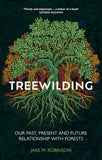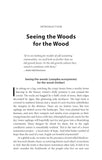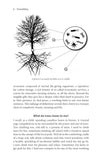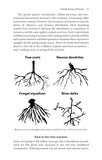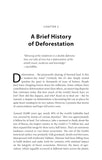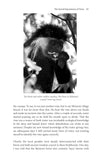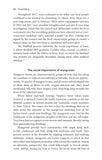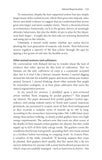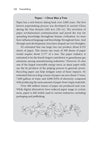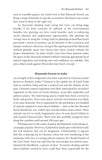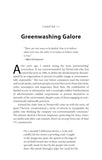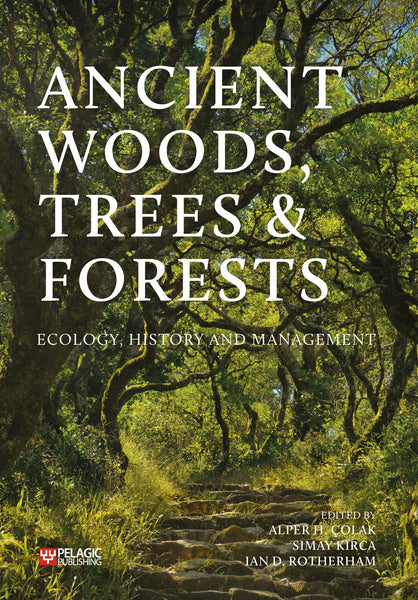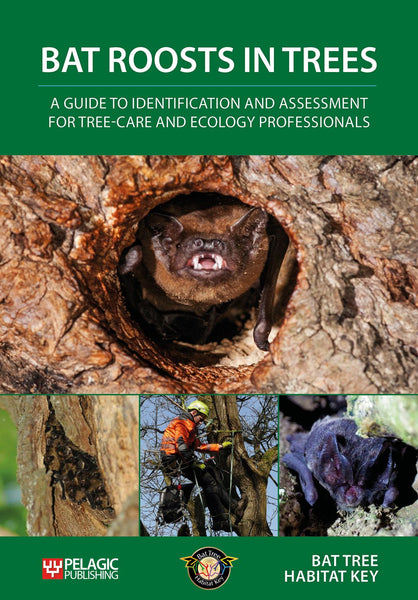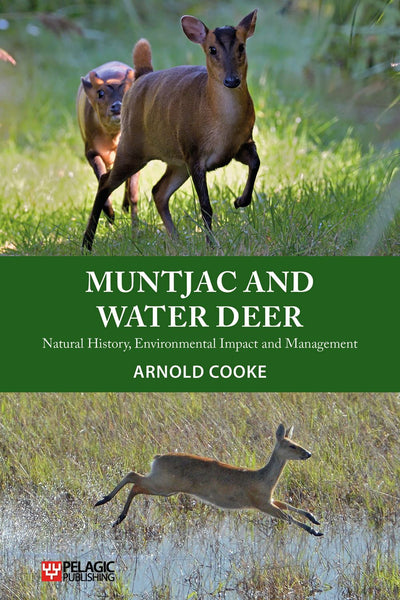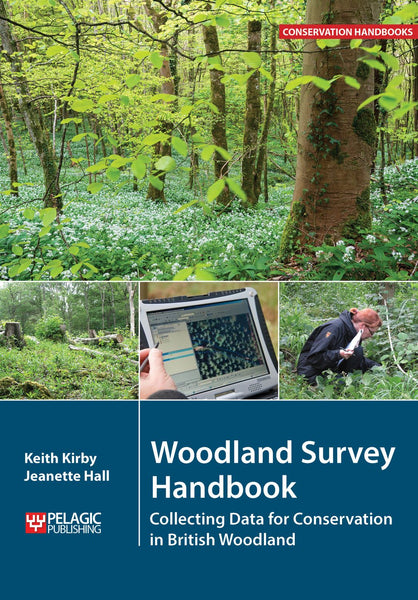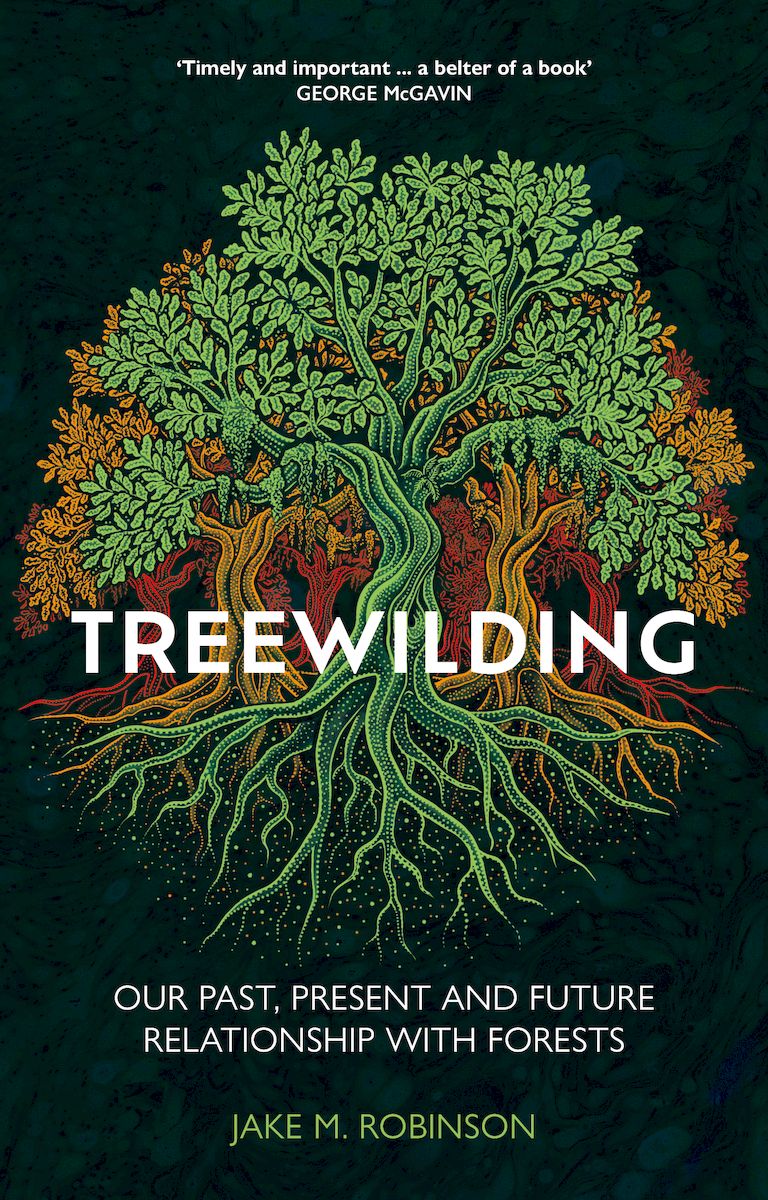
Treewilding
Our Past, Present and Future Relationship with Forests
- An engaging historical overview and forward-looking account of our profound relationship with trees.
- Reveals the complexities, controversies, challenges and solutions of forest restoration.
- Includes cutting-edge science and ancient wisdom to reveal how to restore forests.
- I very much enjoyed reading this belter of a book. Timely and important, it is both a paean to the power and beauty of trees and a call to arms.
—Dr George McGavin, entomologist, broadcaster and President of the Dorset Wildlife Trust
- botany
- conservation
- ecology
- ecosystem
- forest
- trees
Description
As we clear millions of hectares of forests globally, the challenge of restoring these precious ecosystems becomes ever more pressing.
This original, topical and engaging book navigates the intricate web of forest restoration. It reveals how a nuanced approach is required – one that integrates the latest scientific advancements (for instance in microbial ecology, acoustic technology and epigenetics), Indigenous leadership and a holistic understanding of the interconnectedness of life within these vital ecosystems.
Treewilding asks us to reflect on our relationship with trees and how we must see the woods (complex social and ecological systems) for the wood (timber) – a realisation that is perhaps the biggest ‘secret’ to restoring nature.
DOI: 10.53061/GBOY6819
Table of Contents
Introduction: Seeing the Woods for the Wood
PART I. TREES: THEY RISE, THEY FALL, THEY MATTER
1. A Brief History of Forests
2. A Brief History of Deforestation
3. The Social Importance of Trees
4. The Ecological Importance of Trees
PART II. RESTORE, REWILD, REGENERATE
5. Forest Restoration
6. Natural Regeneration
7. Chernobyl’s Red Forest
8. Agroforestry
9. The Miyawaki Method
PART III. FOREST RESTORATION: A CONTROVERSIAL BUSINESS
10. The Trillion Trees Controversy
11. Greenwashing Galore
12. Sea of Tree Guards
PART IV. UNSEEN AND UNDER-APPRECIATED PERSPECTIVES
13. Trees and their Invisible ‘Friends’
14. Senses and Memory
15. Dark Emu: An Indigenous Perspective
16. Restoring Forests in a Changing Climate
17. Future Forests and Tomorrow’s Guardians
Conclusion: Let Trees Be Thy Teachers
Afterthoughts: Insights from Environmental Psychology
Notes
Bibliography
Index
Reviews
- A wonderfully lyrical, yet scientifically rigorous and wide-ranging exploration of the way trees enrich our lives. Importantly, Jake Robinson identifies the biological and psychological imperatives to properly restore our lost forests, and the myriad life forms they encompass. Go sit under a tree and read this book today!
—Mike Bossley, conservationist and former director of Greenpeace Australia - Treewilding is a major addition to literature on inter-relationships between people, trees, and forests. It takes a broad sweep through environmental and cultural histories of the forest and impacts of deforestation. The author then looks to future restoration with a context of social and ecological values. The book is an important, innovative, and hugely stimulating contribution that demands to be widely read.
—Professor Ian D. Rotherham, Advanced Wellbeing Research Centre, Sheffield Hallam University - I very much enjoyed reading this belter of a book. Timely and important, it is both a paean to the power and beauty of trees and a call to arms. Let trees be thy teachers and this book be your guide.
—Dr George McGavin, entomologist, broadcaster and President of the Dorset Wildlife Trust - Electrifying and insightful! With personal anecdotes and scientific rigour, Robinson charts our course to a more symbiotic existence with forests. Like the dendritic branching structures it so beautifully describes, Treewilding takes us on a journey through time, revealing the relationship between humans and trees is both ancient and complex - one that we break at our peril.
—Tim Jarvis, adventurer and environmental scientist - A characterful and informative exploration. —Tristan Gooley, author of How to Read a Tree
- There has never been a more important time for the world to understand trees.
—Bruce Pascoe, author of Dark Emu - Treewilding is captivating. Each one of us senses a powerful connection with the nature that shines all around us, even if we cannot articulate it. Jake does so beautifully in this wonderful book.
—Ben Goldsmith, environmentalist and author of God is an Octopus - Robinson depicts precisely and gracefully how trees and forests are interconnected with each other and with the world, from the smallest to the largest scale, in imaginable and unimaginable ways. The book is, while being scientifically thorough, an invitation to sense, feel and appreciate this interconnectedness... it is impossible to be unenthusiastic about this wonderful book.
—Hanna Bjørgaas, author of Secret Life of the City - In clear and enthusiastic prose, Robinson covers a diversity of topics including agroforestry, soil microorganisms, and the perils of greenwashing, with space left over for diverting forays into the ‘wood wide web’ controversy and plant cognition.
—Chantal Lyons, Inkcap Journal - Treewilding effortlessly integrates current theories with fresh insights and consolidates strands of research into a coherent narrative that should encourage researchers to come up with better ways to help forests. It is an enlightening journey for anyone interested in the science of nature.
—Debraj Manna, Nature - Jake has the knack of presenting complex information in a clear, understandable way... I ended the book with a renewed sense of awe for all that trees do for us and for the myriad opportunities they offer for a better future, if we choose to take them.
—Nic Wilson, Guardian country diarist - Fascinating...
—Roderick Leslie, Quarterly Journal of Forestry - A wide-ranging look at our relationship with forests through time... an interesting read, generally non-technical and accessible, yet with enough content to satisfy the professional.
—Mick Drury, Scottish Forestry - For environmentalists, conservationists, urban planners, or anyone feeling the weight of biodiversity loss, Treewilding is an important and innovative contribution. It provides the intellectual framework necessary to approach forest restoration with the humility, rigour, and interconnected perspective that the immense challenge demands. It’s an electrifying read that promises to change the way you see every tree.
—Roy Stewart, BNA Bulletin
About the Author
Jake M. Robinson is a British microbial and restoration ecologist based in Australia. In 2021, he received a PhD from the University of Sheffield. He enjoys researching microbes, ecosystems, social equity issues, and ways to conserve and restore nature. Treewilding is his second book. Invisible Friends was Jake’s first book. It’s all about how microbes shape our lives and the world around us.
Bibliographic Information
 336 pages
336 pages - B&w illustrations
- BISAC SCI011000, NAT011000, NAT026000
- BIC PST, RNKH, WNP






